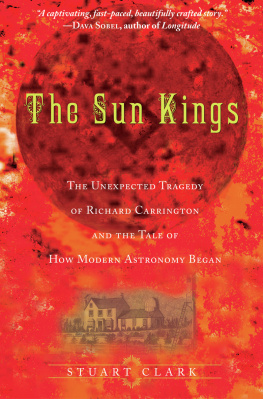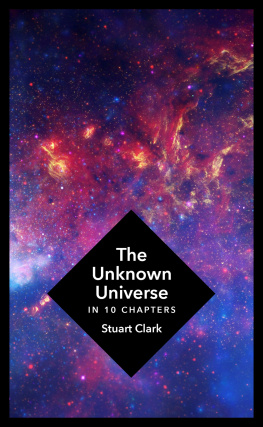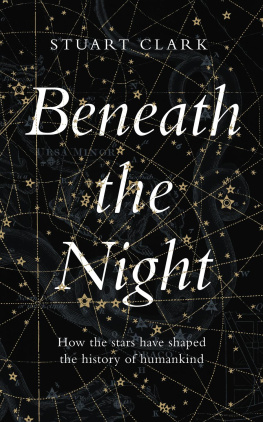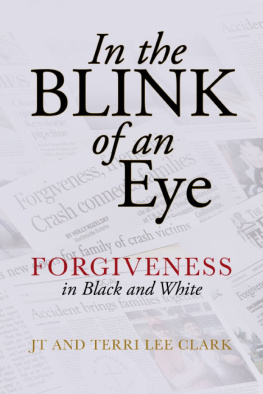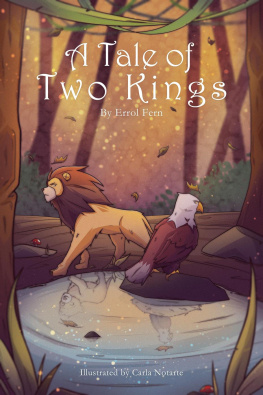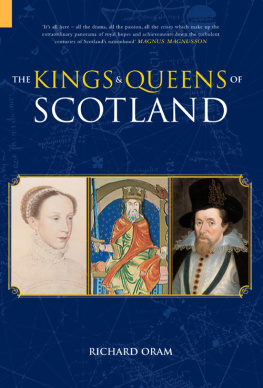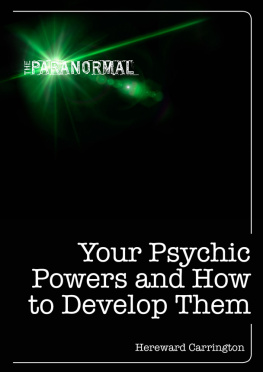The Sun Kings
The Sun Kings
THE UNEXPECTED TRAGEDY OF RICHARD CARRINGTON AND THE TALE OF HOW MODERN ASTRONOMY BEGAN
STUART CLARK
Princeton University Press
Princeton & Oxford
Copyright 2007 by Princeton University Press
Published by Princeton University Press, 41 William Street,
Princeton, New Jersey 08540
In the United Kingdom: Princeton University Press, 6 Oxford Street,
Woodstock, Oxfordshire OX20 1TW
All Rights Reserved
Second printing, and first paperback printing, 2009
Paperback ISBN: 978-0-691-14126-8
The Library of Congress has cataloged the cloth edition of this book as follows
Clark, Stuart (Stuart G.)
The sun kings : the unexpected tragedy of Richard Carrington and the tale of how modern astronomy began / Stuart Clark.
p. cm.
Includes bibliographical references and index.
ISBN-13: 978-0-691-12660-9 (hardcover : alk. paper)
ISBN-10: 0-691-12660-7 (hardcover : alk. paper)
1. Carrington, Richard Christopher, 18261875. 2. Herschel, William, Sir, 17381822. 3. Herschel, John F. W. (John Frederick William), Sir, 17921871. 4. Maunder, E. Walter (Edward Walter), 18511928. 5. Hale, George Ellery, 18681938. 6. AstronomersGreat BritainBiography. 7. Solar flaresObservationsHistory19th century. 8. SunObservationsHistory19th century. I. Title.
QB35 .C53 2007
520.92241Bdc222006940123
British Library Cataloging-in-Publication Data is available
This book has been composed in Adobe Caslon
Printed on acid-free paper.
press.princeton.edu
Printed in the United States of America
5 7 9 10 8 6
To Nikki,
WHO TEMPORARILY LOST HER HUSBAND TO
THE COURT OF THE SUN KINGS.
IM BACK NOW.
CONTENTS
ix
xi
ILLUSTRATIONS
NOTE ON ILLUSTRATIONS
No portrait of Richard Carrington is known to exist. He signed a letter to George Airy, along with nine other scientists, urging the Astronomer Royal to have a portrait taken. In the letter, all ten gentlemen claimed to have submitted themselves to the camera of Messrs Maull and Polybank (55 Gravechurch Street, London). The search continues.
ACKNOWLEDGMENTS
Peter Tallack for believing in the project and never giving up on it.
Ingrid Gnerlich for just getting it, right from the moment she saw the proposal.
Nicola Clark for sharing the ups and downs of this project with me, and being my essential sounding board in all matters of the English language.
Peter Hingley for being unfailingly supportive; without him this book would have been a lesser work.
Mary Chibnall for always succeeding in fulfilling my library requests, no matter how vague my references.
Norman Lindop for sparking my interest in Carrington with a thesis that collected so much of the Carrington material together.
Norman Keer, one of the last inhabitants of Carringtons Redhill observatory home, for sharing his decades of amateur sleuthing and his unalloyed passion for all things Carrington.
Owen Gingerich for taking my breath away with his enthusiasm for the book.
Dava Sobel for being so interested in the project.
Latha Menon for making the initial running.
Sheila Simons for helping me investigate the Carrington familys births, deaths, and marriages.
All those who helped with technical and historical advice, read parts or all of the manuscript, and provided feedback: Pl Brekke, Lars Bruzelius, Ed Cliver, Bernhard Fleck, Anthony Kinder, Chris Kitchin, Nick Kollerstrom, Gurbax Lakhina, Jack Meadows, Paul Parsons, Jay Pasachoff, Peggy Shea, George Siscoe, Harlan Spence, Willie Soon, Amarendra (Bob) Swarup, Bruce Tsurutani, David Whitehouse, and David Willis.
To everyone who helped and to all those whose papers I read: my thanks are beyond measure. You helped bring these deceased astronomers back to life for me and, by extension, for the readers too. Any success this book enjoys reflects on you.
To find out more about my writing, please visit my website, a link to which can be found at http://press.princeton.edu/titles/8370.html.
PROLOGUE

The Dog Years
T hey say that dogs age seven times faster than humans. No one is more aware of this than the men and women in charge of an aged electronic watchdog that fights a daily battle against decrepitude in the name of science. The Solar and Heliospheric Observatory, known universally as SOHO, is an electronic beast stationed 1.5 million miles away, in one of the most hostile environments any spacecraft has ever been expected to inhabit. Here, SOHO is perpetually bombarded, not just by light, heat, and X-rays from the Sun, but also by a wind of smashed atoms hurled outwards by the unpredictable solar forces.
Had this watchdog been a flesh-and-blood animal, the onslaught would long since have triggered the deathly creep of cancer. In the machine world, the equivalent is an inexorable degeneration as the subatomic bombardment gradually eats away at the spacecrafts electronic organs. By 2003, after nearly eight years in space, SOHO had lost the use of certain cameras and other electronic systems. Its antenna would not point straight anymore, and its ability to harvest sunlight for power was down nearly a fifth. Yet it soldiered on, constantly monitoring the Suns boiling surface for clues that might one day solve a century-and-a-half-old mystery: why enormous explosions occasionally plague the Sun. And more importantly, how they affect us when the Earth accidentally gets in the way of the blast.
The Sun is the heart of our solar system. It is an enormous sphere of gas, over a hundred times the diameter of the Earth. Its surface temperature is 6,000 degrees Celsius; its center is at well over 10 million degrees. Its gravity guides Earth and the other planets through their orbits; its warmth provides the lifeblood of energy for plants and animals on Earth. Also like a heart, the Sun pulsates. This is not a visible movement but rather a gradual buildup in strength and subsequent weakening of the giant magnetic bubble that emanates from within the Sun and surrounds all the planets. As befits a celestial body of some 4.6 billion years in age, each one of these magnetic heartbeats takes a leisurely eleven years, or thereabouts, to complete.
So, in the average career of a scientist, he or she can expect to see this happen four times. This makes understanding the Sun as difficult as a biologist trying to deduce the life cycle of an unknown creature by observing it just long enough to witness four beats of its heart. As a result, solar astronomy is a multigenerational science. Each new cohort works to build a finer legacy of observations for those yet to come.
No one knows when that body of evidence will be rich enough to provide the necessary insight, or when technology will be mature enough to provide the final incisive observation. Each new generation of astronomers works with the same ambition that drove their scientific forebears: that they might be the ones who finally understand the Sun. When the Sun entered an intense bout of activity in 2003, SOHOs astronomers realized they had been given the chance of a lifetimeif their spacecraft could survive.

